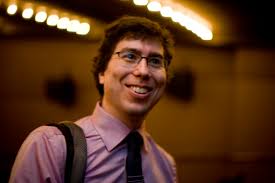Jonathan Zittrain [1969-0] American    
Rank: 104
Educator, Professor
Jonathan L. Zittrain is an American professor of Internet law and the George Bemis Professor of International Law at Harvard Law School. Chance, Cool, Freedom, Legal, Technology, Travel |  |